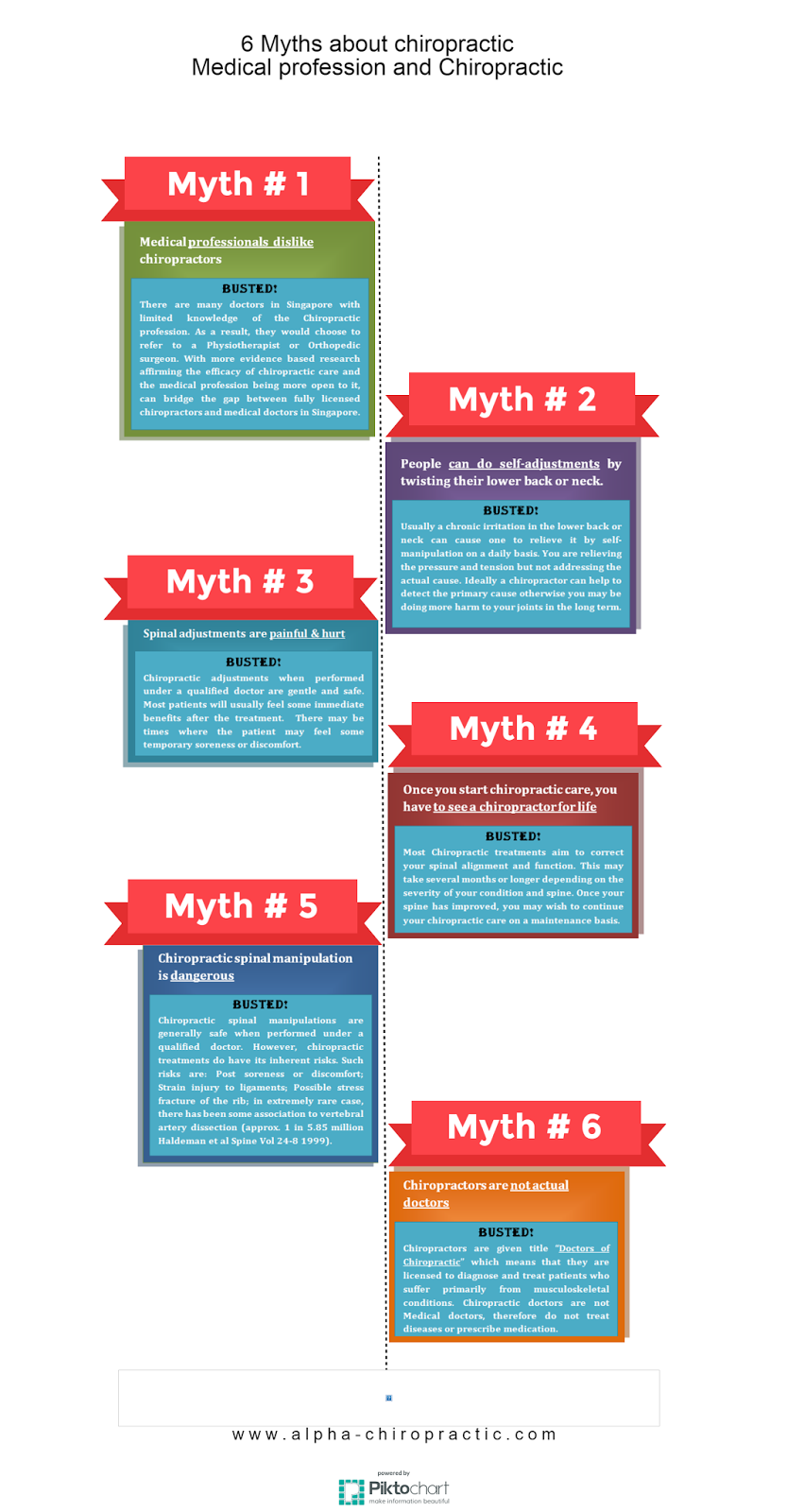If you're experiencing pain in the back, your body could be attempting to tell you something greater than just discomfort. The way your back feels can provide valuable hints concerning your overall wellness. Recognizing the details kind of pain you're really feeling and any accompanying signs is essential to unraveling the mystery behind your discomfort. Let's explore the usual conditions and signs and symptoms associated with various types of back pain to shed light on what your body might be signaling.
Sorts Of Neck And Back Pain
When it comes to pain in the back, there are various kinds that you might experience. One usual kind is muscle mass discomfort, often triggered by overuse, pressure, or injury to the muscular tissues and tendons supporting the spine. This kind of pain can range from light discomfort to extreme and incapacitating discomfort.
One more kind is nerve pain, which can arise from problems like herniated discs or sciatica. my spine hurts offers as a sharp, shooting sensation that radiates down the leg.
Joint pain in the back can originate from concerns like arthritis or sacroiliac joint disorder. This kind of pain is usually really felt in the lower back and can be aggravated by specific motions.
In addition, back pain can be connected to architectural troubles such as back constriction or vertebral fractures. Understanding the kind of neck and back pain you're experiencing is important in determining the suitable treatment and monitoring strategies.
Common Effects to Expect
Relocating beyond the various kinds of back pain, it is essential to identify the usual signs and symptoms that can indicate underlying issues.
Relentless back pain that intensifies with motion or in the evening could show an extra significant trouble. Feeling numb or tingling in the legs or feet, especially when accompanied by weakness, might point to a nerve-related problem. If you experience sudden weight management in addition to neck and back pain, maybe an indication of an extra systemic problem.
Focus on any type of adjustments in bladder or digestive tract feature, as this could be connected to spinal cord compression. Fever, chills, or night sweats combined with pain in the back might indicate an infection. Watch out for discomfort that emits down one or both legs, possibly a measure of sciatic nerve pain.
Health Issues Linked to Back Pain
If you struggle with pain in the back, it's important to understand the prospective health conditions connected to this pain. Pain in the back can be a sign of numerous underlying problems, including muscle strains, herniated discs, osteo arthritis, spinal stenosis, and even problems like kidney rocks or infections.
Muscle mass stress are common and often result from raising hefty items or abrupt movements.
https://www.healthline.com/health/foot-pain-at-night occur when the soft cells between vertebrae protrudes, causing nerve irritability.
Osteoarthritis, a degenerative joint disease, can result in back pain as cartilage wears down.
Back constriction, the narrowing of the spine canal, can tax nerves.
Kidney rocks may create extreme neck and back pain if they relocate right into the urinary system system.
Infections like spine osteomyelitis can likewise materialize as neck and back pain. Recognizing these possible wellness problems can aid you seek ideal treatment and monitoring for your neck and back pain.
Conclusion
So, next time your back harms, take note of the kind of discomfort and coming with symptoms. It could be a signal from your body about underlying wellness conditions like muscle mass pressure, nerve problems, joint issues, and even structural issues. By acknowledging these signs, you can take aggressive actions to address the origin of your pain in the back and enhance your general wellness and wellness.
